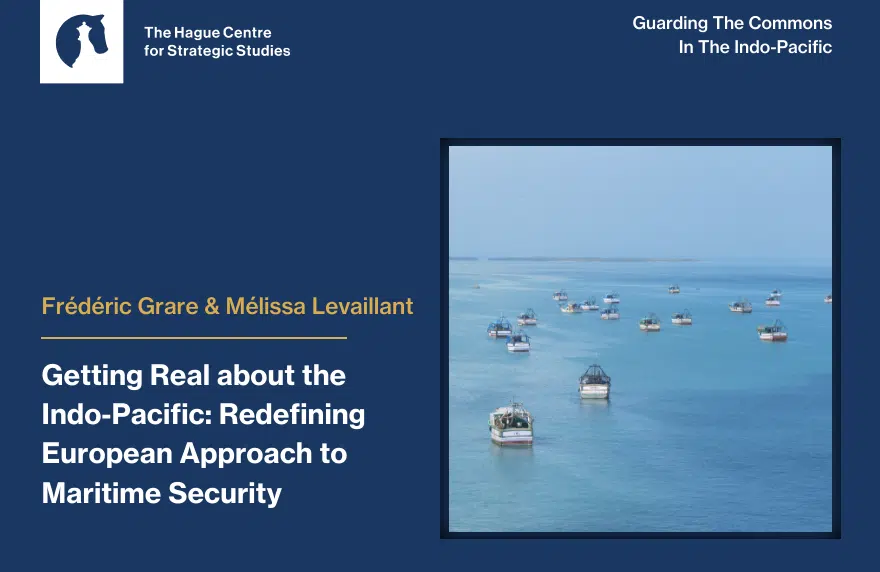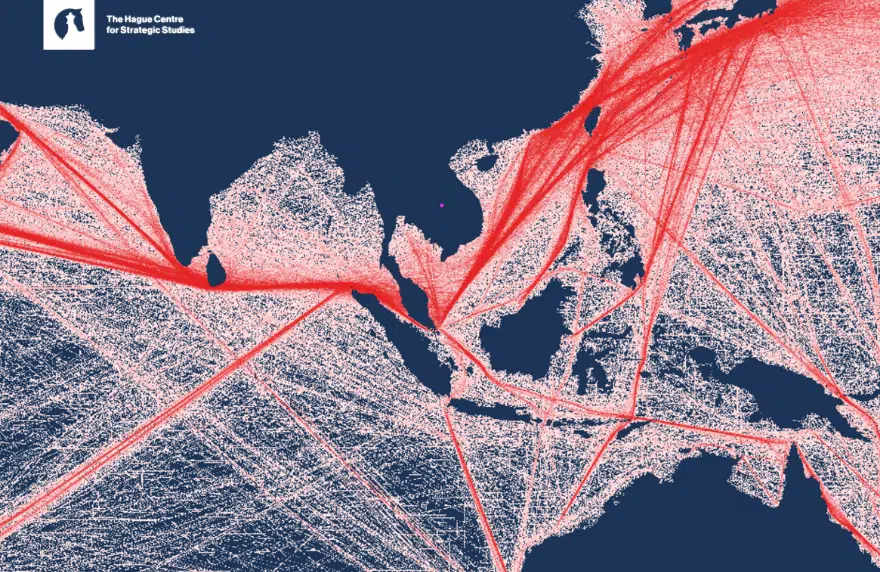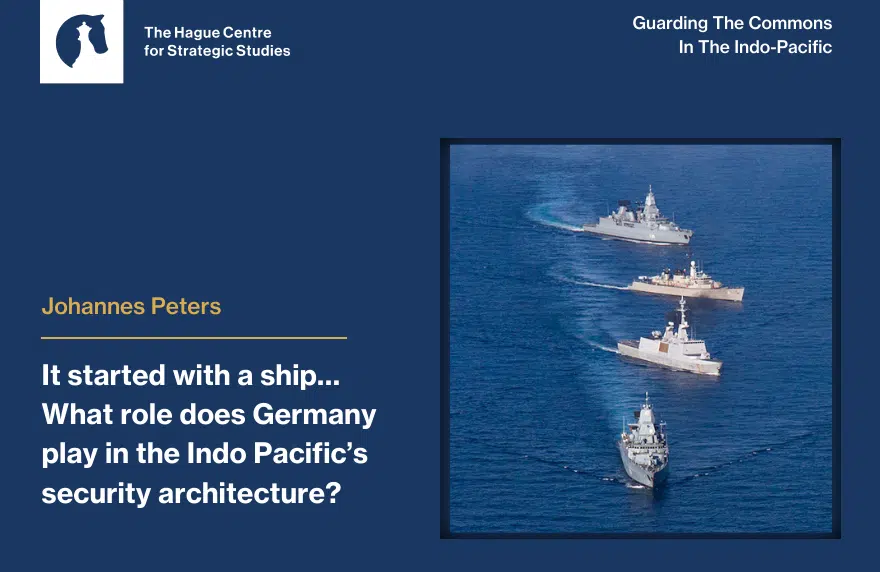Research
For the last twenty years, the European Union’s maritime security policy in the Indian Ocean has been dedicated almost exclusively to the fight against maritime crime, despite the changing geopolitical situation and China’s growing presence in the area. The problem is partly due to a lack of naval assets and proper coordination. But it is also the consequence of the EU’s de facto refusal to think of its non-traditional ocean governance tasks in strategic terms.
Frédéric Grare (European Council on Foreign Affairs – ECFR) and Mélissa Levaillant (Institute of Higher National Defence Studies) argue that it would be delusional to expect EU member states to increase significantly their fleet in the foreseeable future, despite having the capability to play a greater role by redefining their approach to Maritime Security. This would also allow Europe to restrain the strategic space in which China operates.
By redefining the approach to Maritime Security, the EU Indo-Pacific strategy constitutes a useful strategic framework which, although not decisive, could provide the basis for an effective European policy and presence in the Indo-Pacific.
This is the fourth of seven papers in the HCSS Guarding the Commons series, edited by Paul van Hooft and Tim Sweijs, and is part of the new HCSS “Europe in the Indo-Pacific Hub (EIPH)”. More papers will follow in the coming weeks.
Read the complete paper series here:
- Thucydides Lives in Asia: Power Transition Traps Are Real, by Patrick Porter (University of Birmingham)
- Between AUKUS and the Quad: Scaling European Interest in the Indo-Pacific, by Jagannath Panda (Manohar Parrikar Institute for Defence Studies and Analyses)
- European Engagement in the Maritime Security in Indo-Pacific: a Japanese Perspective, by Yuki Tatsumi (The Stimson Center)
- Getting Real about the Indo-Pacific: Redefining European Approach to Maritime Security, by Frédéric Grare (European Council on Foreign Affairs – ECFR) and Mélissa Levaillant (Institute of Higher National Defence Studies)
- Multilateralizing Maritime Cooperation in East Asia: South Korea’s Cautious but Delayed Response, by Kuyoun Chung (Kangwon National University)
- It started with a ship… What role for Germany in the Indo Pacific’s security architecture?, by Johannes Peters (Head of Center for Maritime Strategy & Security at the Institute for Security Policy at Kiel University (ISPK))
- Multilateralizing Maritime Security in the Indo-Pacific: How Europe can contribute to regional deterrence, by Stephan Frühling (Strategic and Defence Studies Centre, Australian National University)







